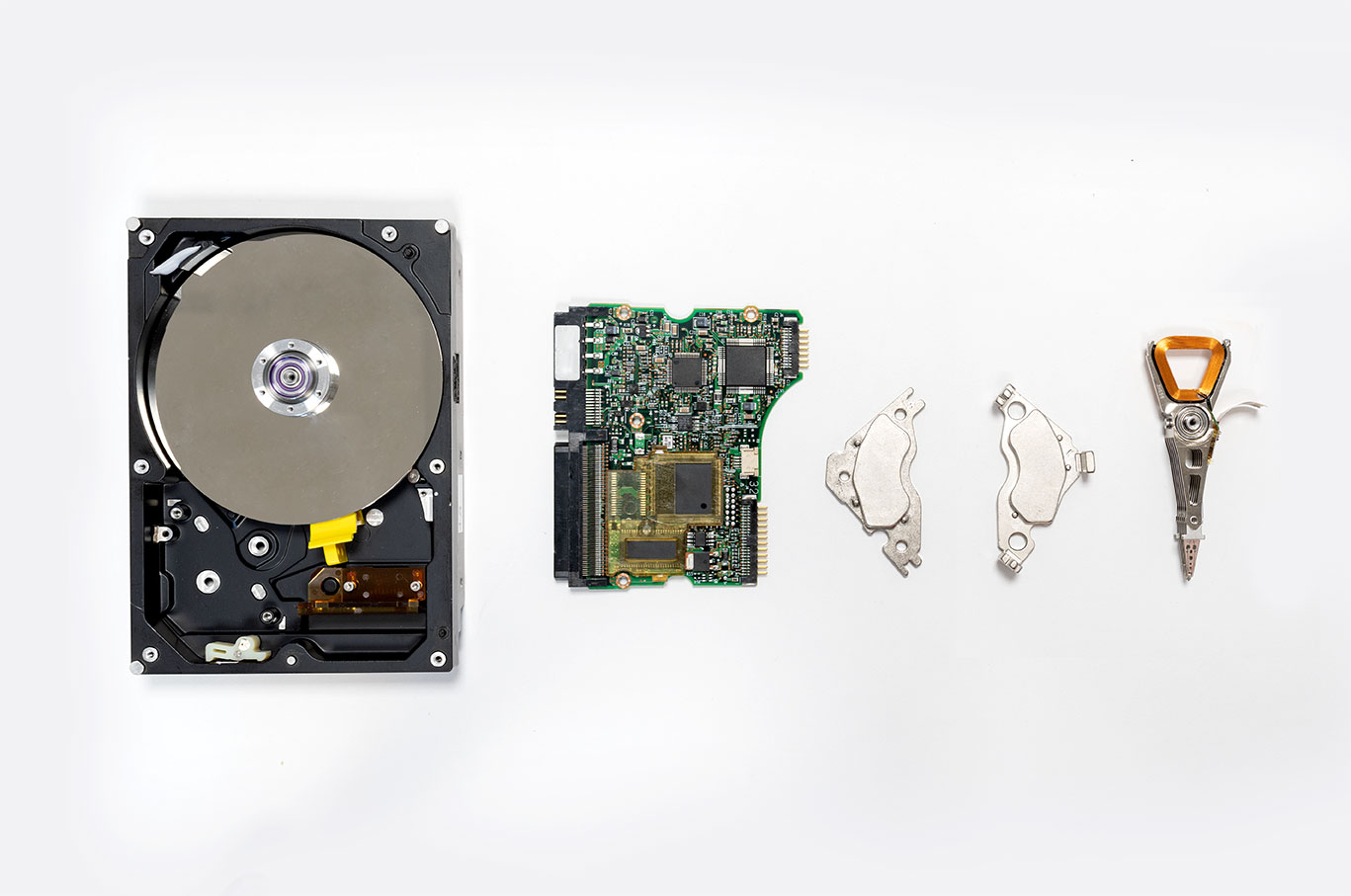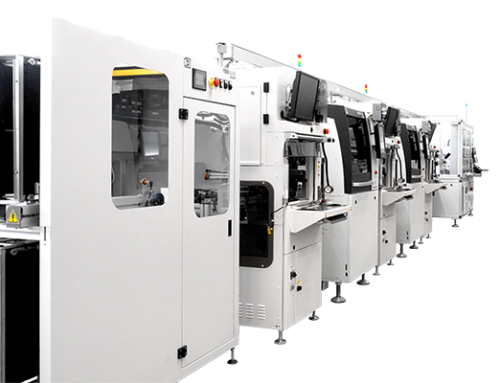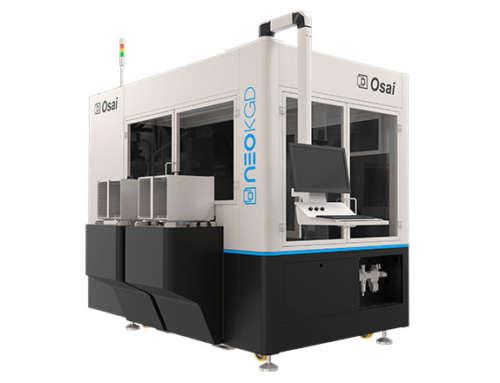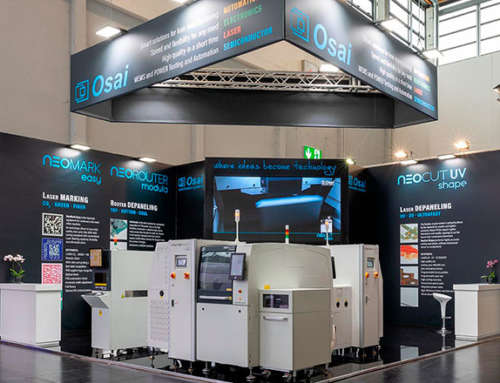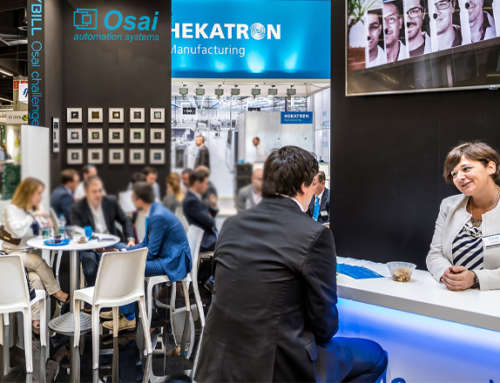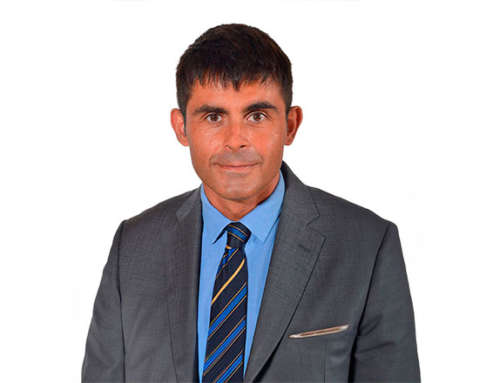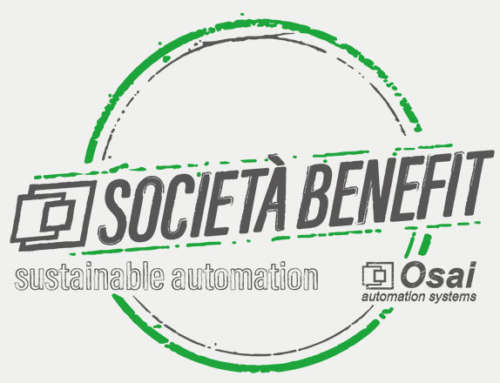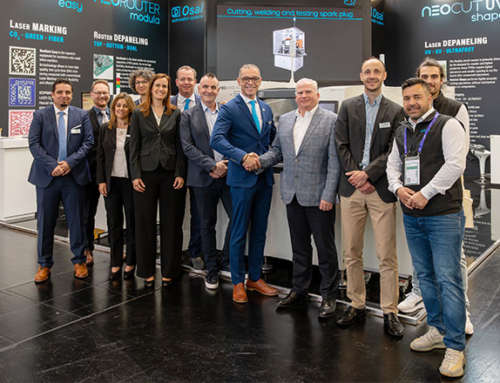A supply chain for the recovery of rare-earth elements from WEEE and electric cars will be created in Italy
In less than five years, global industry’s demand for rare-earth elements will outstrip supply. According to the Adamas Intelligence report, if the manufacturing sector continues to exploit these resources at the current rate, there will be a shortage of rare-earth elements, which are critical to the economy of today and tomorrow.
Ensuring the security of their supply has become a primary objective, as they are essential resources for strategic products such as photovoltaic panels, batteries and electric motors. Approximately 600 million hard disks are produced each year for a total of 3000 tonnes of rare-earth elements; 2 to 5 kg of permanent magnets are used for each electric vehicle and the general trend in the automotive market shows that demand will grow more than tenfold by 2030.
From the need to establish a circular economy system that focuses on recovery, reuse and contributes to the improvement of the entire recycling chain, the NEW-RE project was born with the aim of increasing the recycling of rare-earth elements, including Neodymium.
Co-financed by the EIT Raw Materials, a platform for innovation funded by the European Institute of Innovation and Technology, for a total of €3.6 million, the project aims to build a demonstrator plant that will be installed in Ceccano (FR) with a processing potential of around 20 tonnes per year of permanent magnets contained in hard disks and end-of-life electric motors.
Osai A.S. S.p.A. will design and build an industrial prototype by applying a possible solution studied and developed during the project, taking part in the consortium led by Erion and composed of Itelyum, which will host the plant, the waste pre-treatment companies TREEE and GlobEco, and the two universities with expertise in circular economy, the University of L’Aquila and Katholieke Universiteit Leuve.
NEW-RE process will allow approximately 99% of secondary rare-earth elements to be put back into circulation from treated waste, increasing the recycling rate of these elements at European level, which is currently only 1%. The highly efficient process produces no solid residues and generates low quantities of liquid effluents.
At the same time, a semi-automated disassembly system for hard disk magnets will be developed and tested, which will save considerable time compared to the normally used manual process, and its applicability to electric motors will also be assessed.
With the very specific aim of applying automation in the recycling world, bringing efficiency, speed and sustainability with responsibility, in October 2022, Osai A.S. S.p.A. set up the Group’s first Benefit Company, Osai Green Tech SB S.r.l., which is intended for the development and marketing of automatic systems for recycling world applications and the circular economy.

